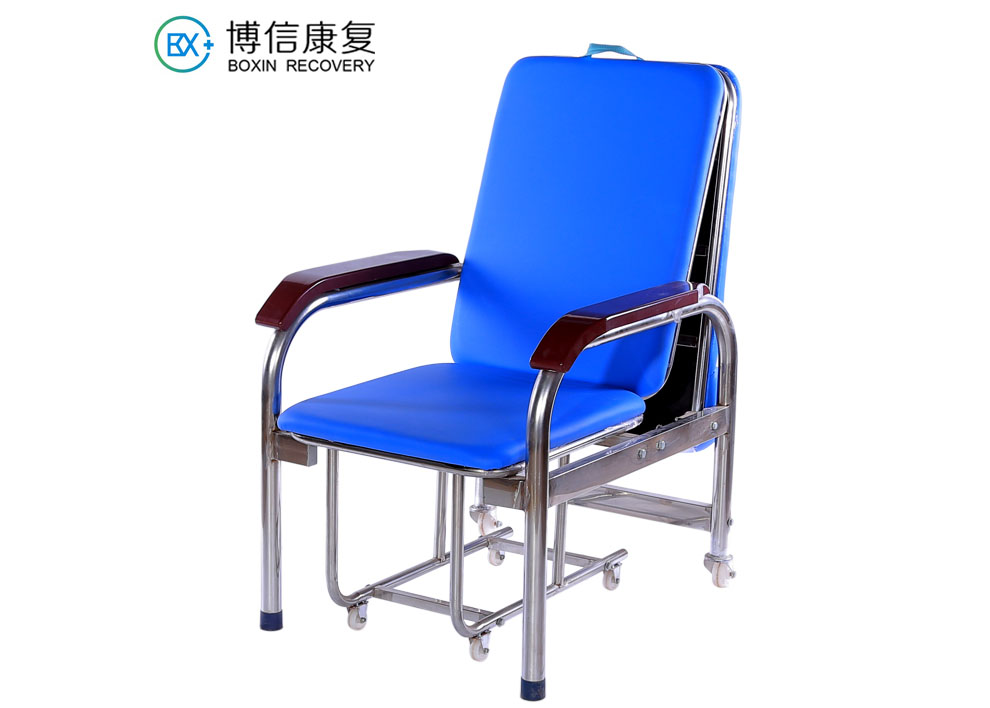Welcome to our websites!
special needs toilet seat
The Importance of Specialized Toilet Seats for Individuals with Special Needs
In today’s society, the necessity of inclusivity is becoming increasingly recognized and prioritized. One area that has received growing attention is the provision of accessible facilities for individuals with special needs, particularly in public restrooms. A crucial component of this accessibility is the specialized toilet seat, designed to cater to the diverse requirements of individuals with mobility challenges, developmental disabilities, and other medical conditions. This article explores the importance of these toilet seats, the variety available, and the impact they have on improving the quality of life for users.
Understanding Specialized Toilet Seats
Specialized toilet seats come in various designs, each adapted to serve specific needs. For instance, raised toilet seats are designed for individuals who may have difficulty bending their knees or lowering themselves onto a standard toilet. These seats elevate the user, making the process safer and more manageable. Additionally, some specialized seats come with armrests that provide extra support and stability when getting on or off the toilet.
For children with special needs, specially designed toilet seats can significantly enhance their independence. Many of these seats are adjustable and can accommodate the growth of a child, ensuring long-term usability. Some models are even designed with softer materials and supportive features to cater to children on the autism spectrum, who might have sensory sensitivities.
The Importance of Accessibility
The implementation of specialized toilet seats in public facilities is a vital step towards creating inclusive environments. When individuals with special needs have access to appropriate restroom facilities, it not only enhances their dignity but also encourages them to participate more fully in society. Inadequate restroom facilities can be a significant barrier for disabled individuals, often leading to social isolation and limiting their overall quality of life. By installing specialized toilet seats, establishments demonstrate their commitment to accessibility and inclusivity, fostering an environment where everyone feels welcome.
Moreover, using suitable toilet equipment can prevent accidents and injuries. For individuals with limited mobility, the risk of falling or straining while using an unsuitable toilet is substantial. Specialized seats are built with safety in mind, offering features such as non-slip surfaces and sturdy support, which mitigate these risks.
special needs toilet seat

Enhanced Caregiving Solutions
Specialized toilet seats also have a profound impact on caregivers who assist individuals with special needs. Caregiving can be physically demanding, and traditional toilets often make this task more challenging. A design tailored to the user's needs can ease the burden on caregivers, allowing them to assist without straining their own bodies. For instance, toilet seats that come with integrated bidet functions can help maintain hygiene without extensive physical assistance, promoting a level of independence for the user and simplifying caregiving.
Designing for the Future
As awareness of the challenges faced by individuals with special needs grows, so too does the need for innovative solutions in restroom design. Designers and manufacturers are increasingly focusing on creating more versatile and adaptable products. For example, some toilet seats are being developed to integrate technology that can provide additional support, such as sensors that alert caregivers when assistance is needed.
Additionally, the evolution of materials used in specialized toilet seats is noteworthy. Lightweight, durable, and easy-to-clean materials make these products more practical for both users and caregivers. These advancements are vital as they contribute to the overall usability and longevity of the products.
Conclusion
In conclusion, specialized toilet seats play an essential role in promoting accessibility and dignity for individuals with special needs. Their presence in public and private facilities not only fosters inclusivity but also enhances the quality of life for users and simplifies the responsibilities of caregivers. As society continues to evolve toward greater compassion and understanding, embracing the importance of specialized equipment, such as toilet seats, is a vital step in ensuring that everyone can lead a life filled with respect and dignity. By advocating for and investing in these essential facilities, we pave the way for a more inclusive future, where everyone has the necessary support to thrive.
-
Transforming Healthcare with Hospital FurnitureNewsJun.24,2025
-
Rehabilitation EquipmentNewsJun.24,2025
-
Mobility and Independence with WheelchairsNewsJun.24,2025
-
Freedom of Mobility with Our Rollator WalkersNewsJun.24,2025
-
Comfort and Independence with Commode ChairsNewsJun.24,2025
-
Bathing Safety and Independence with Shower ChairsNewsJun.24,2025
-
Navigating the Wholesale Landscape of Electric Mobility Solutions: Key Considerations for Power Wheelchair DealersNewsJun.10,2025











